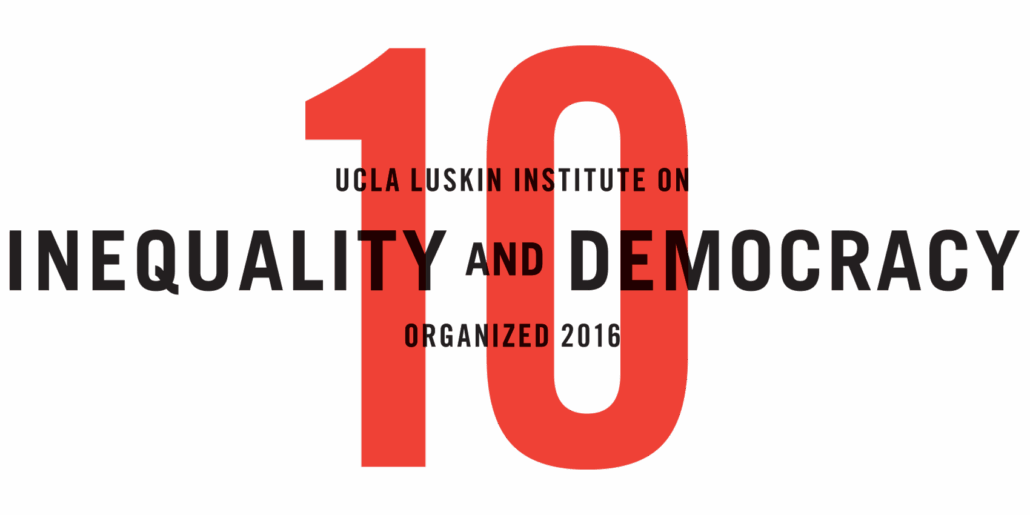The New Debt Peonage: Court-Ordered Community Service in LA County
Each year Los Angeles County courts order over 50,000 (and likely over 100,000) adults to work for free or go to jail. Overwhelmingly people of color, these workers perform forced, unpaid labor for government agencies—from the county Probation Department to the state Department of Transportation (CalTrans) to UCLA itself—and for nonprofits ranging from the American Red Cross to an Elks Lodge. Workers must sign participation agreements declaring that they have “voluntarily agreed to perform hours of unpaid community service,” “I am not an employee,” and, in event of injury, “[I] will not be entitled to recover any workers’ compensation benefits.”
This research project, a collaboration with A New Way of Life Reentry Project (ANWOL), investigates the scope, operation, and experience of court-ordered community service (COCS) in LA. It does so by utilizing an existing database of 17,000 COCS participants, linking that database to court records, and developing richer, qualitative understanding through exploratory interviews with COCS workers. Both perspectives support development of a legal analysis of COCS, including potential violations of labor & employment law, and policy options for its potential reform. This research will yield an in-depth policy report on this phenomenon that has, until now, almost entirely escaped critical scrutiny or empirical study, especially from a perspective viewing it as an institution that structures work.
By: Professor Noah Zatz, UCLA Law

